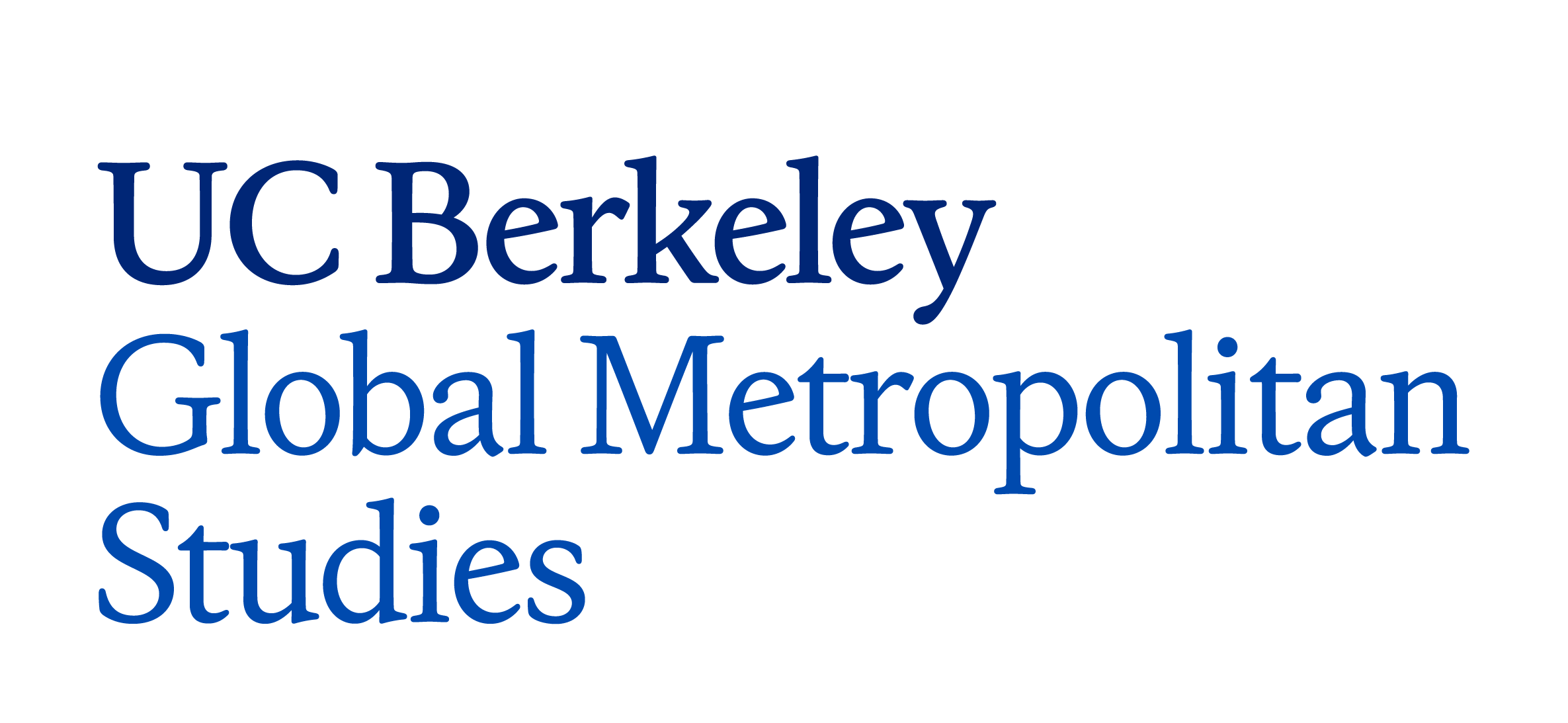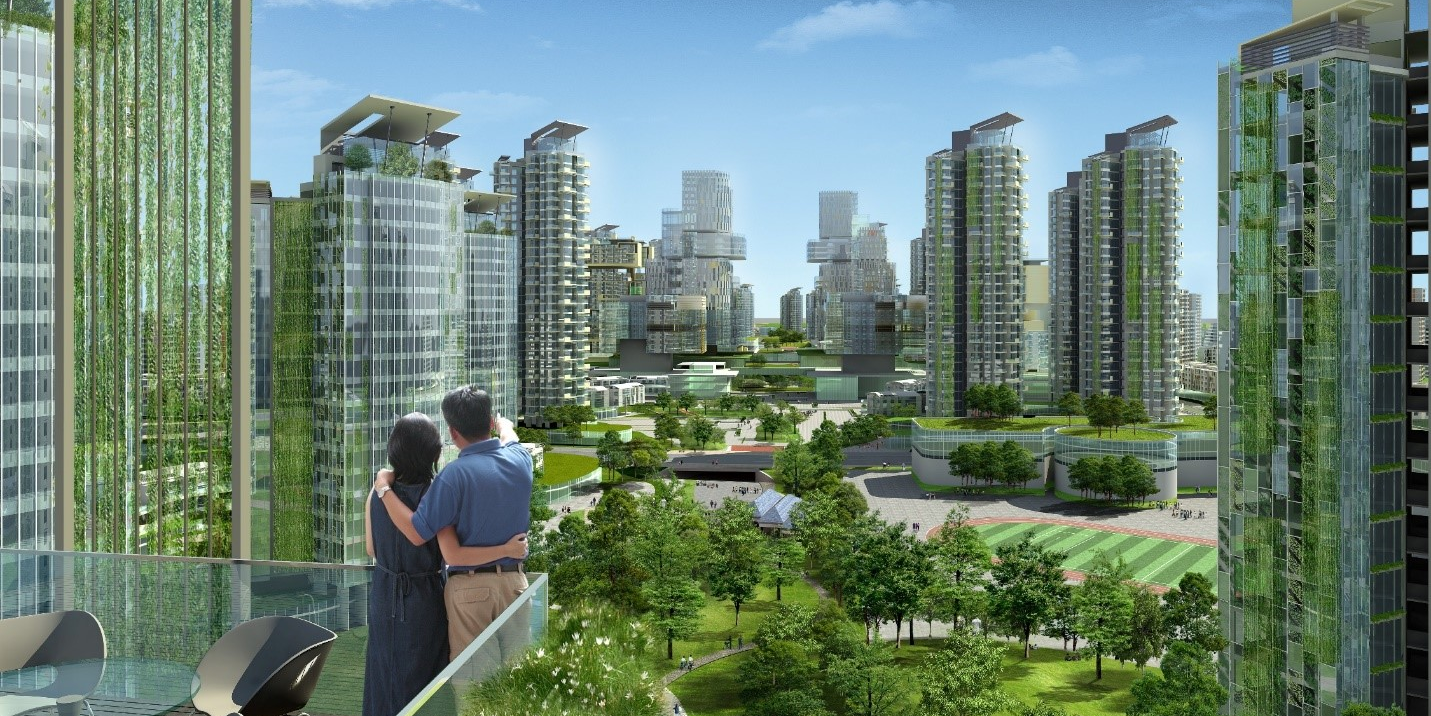Co-sponsored by the Department of Geography.
In an era of global ecological crisis, sustainable cities have become new paragons of ideal urbanism, and the idea of “green” as a good in cities is ubiquitous. This talk, which is an overview of my forthcoming book, How Green Became Good, explores the origins of this idea and its effects on urban public life and urban transformation. Urban greening is commonly understood as a reaction against the city, classically the slums, density, and public health problems of the industrial metropolis, yet this explanation cannot account for greening’s recurrence across varied social and historical contexts. Through a study of greening in Germany’s Ruhr Valley—a place where these conditions were absent—I argue that a social imaginary of nature as an indirect, or moral good, which I call urbanized nature, makes greening possible. I trace urbanized nature’s emergence in the Ruhr at the beginning of the twentieth century and show how it has motivated greening practices, carried out with the goal of creating ideal cities and citizens, for the past 150 years. Across three urban epochs, I also identify patterns in how this imaginary causes greening to play out. I find that urbanized nature is an outcome of urbanization processes, rather than a reaction to cities per se; that greening is a practice of remaking cities physically and socially, rather than an escape from urban life; and that shared beliefs in nature’s universal benefit condition greening projects to be carried out and received as investments in the public good, even as they reinscribe existing inequalities in public space and distribute their goods unevenly.
Dr. Hillary Angelo is an Assistant Professor at UC Santa Cruz.

